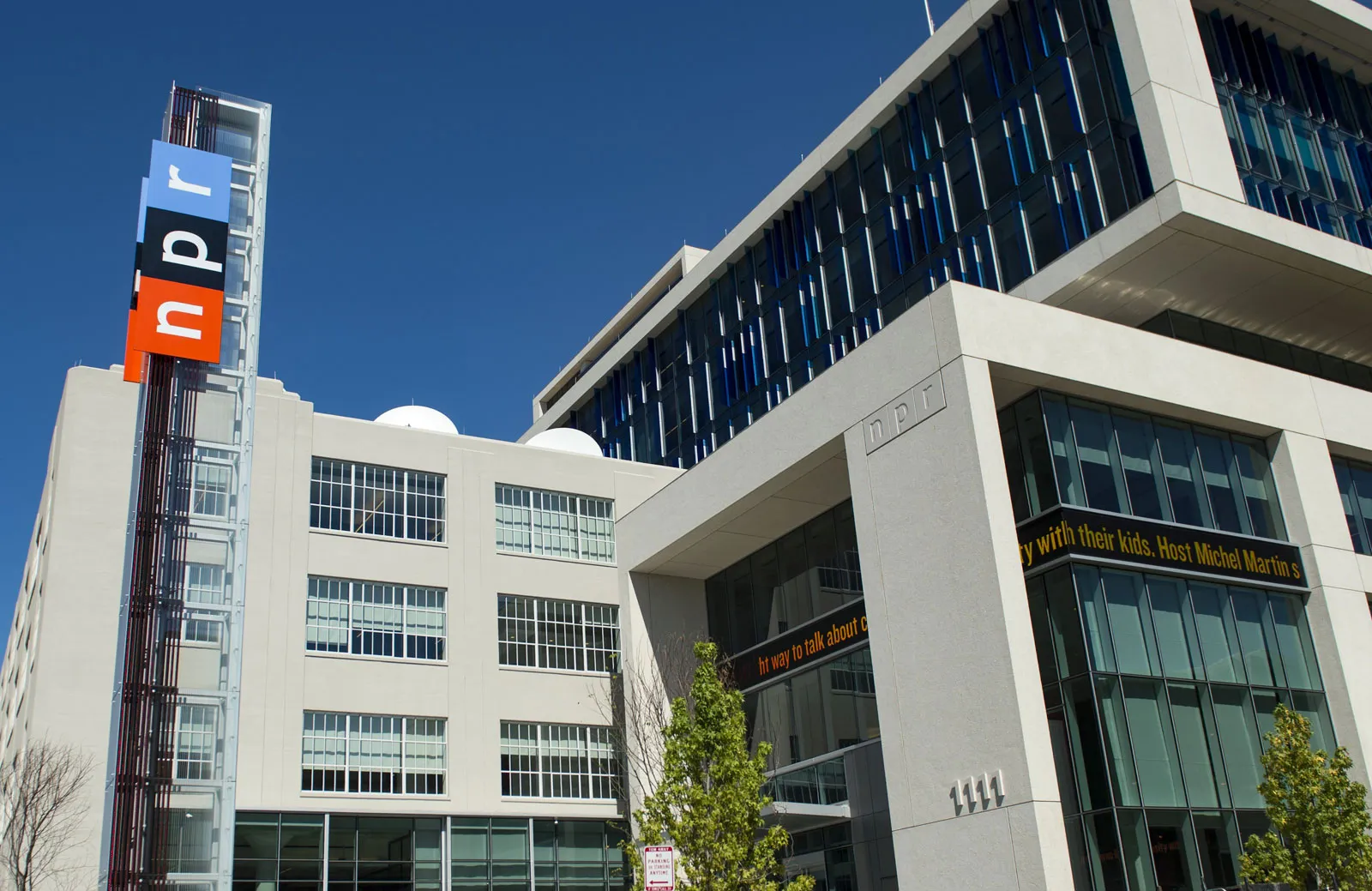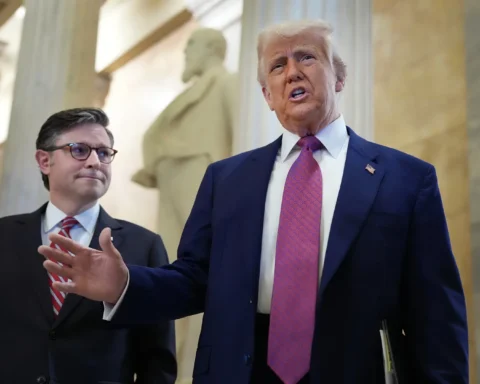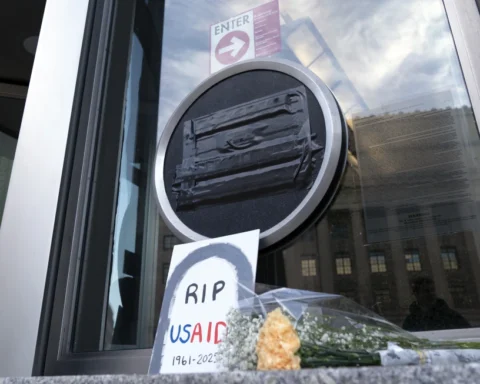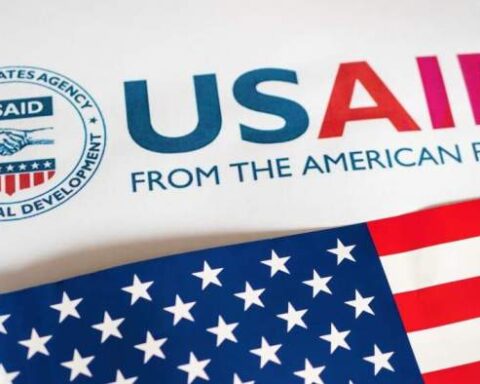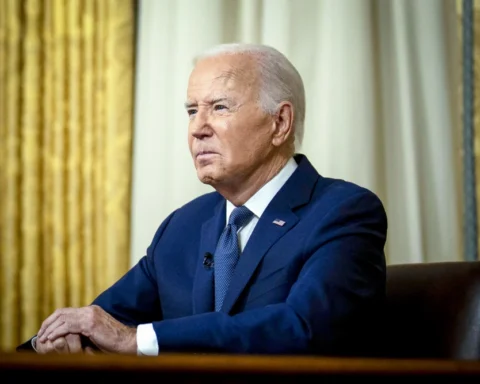By Jennifer Scholtes
The White House will soon ask Congress to cancel $9.3 billion already approved for foreign aid initiatives, public broadcasting and other programs, according to a White House official granted anonymity to speak freely.
Congress is expected to receive that so-called rescissions request when lawmakers return from their two-week recess later this month. To nix the funding, the House and Senate will each have to vote at a simple-majority threshold to approve the formal ask.
The White House package is expected to target funding for the State Department, U.S. Agency for International Development, U.S. Institute of Peace and other programs, along with assistance to PBS and NPR through the Corporation for Public Broadcasting.
It would answer a call from congressional Republicans, who have ramped up their demands in recent months to defund public media companies for alleged bias against conservatives in programming and coverage. The CEOs of PBS and NPR testified at a hearing in March before the House Oversight subcommittee on Delivering on Government Efficiency — the panel of lawmakers tasked with working in tandem with Elon Musk’s DOGE.
A Trump administration document obtained Monday also shows the White House is considering a larger request to revoke funding for the State Department and USAID, as well as asking Congress to cut those budgets by almost half for the upcoming fiscal year.
Congressional Republicans have been asking President Donald Trump and other administration officials for more a month now to send over a formal rescissions package, which would allow lawmakers to approve or reject specific funding cuts. There are efforts on Capitol Hill to bring legitimacy to moves by the White House to freeze billions of dollars in federal funding, which keep running up against a barrage of lawsuits. Some GOP senators have even directly appealed to Elon Musk for the chance to codify the spending cuts he’s made through his Department of Government Efficiency initiative.
But just because GOP lawmakers asked for a rescissions package doesn’t mean the $9.3 billion request will be swiftly approved. When Trump sent a request in 2018 to claw back $15 billion, the Senate rejected the plan. And not all Republicans support cutting funding for all the programs Trump would target in the new request.
Republican senators from farm states, for example, have objected to cutting USAID programs that buy wheat and other products from U.S. farmers to provide food aid for hungry populations abroad.
If Congress doesn’t approve the recissions request within 45 days of receiving it, Trump will be legally required to release the money back to the agencies.

